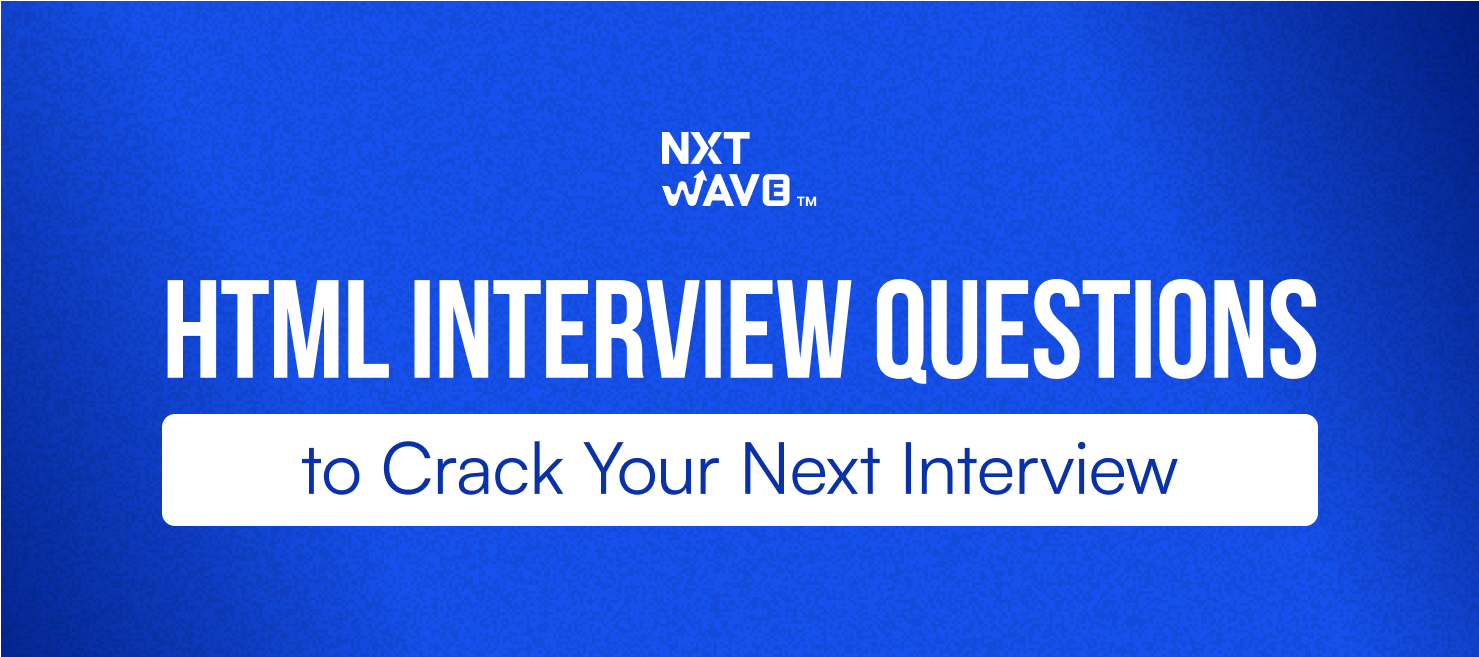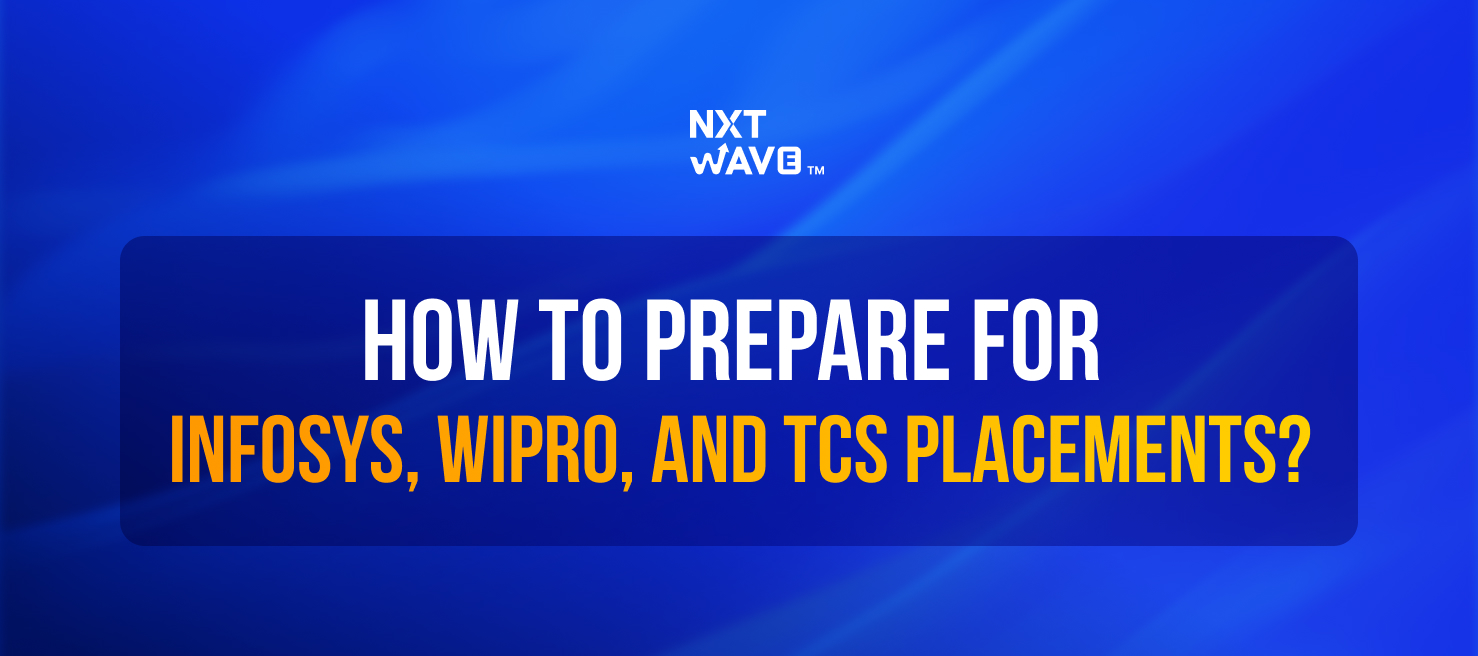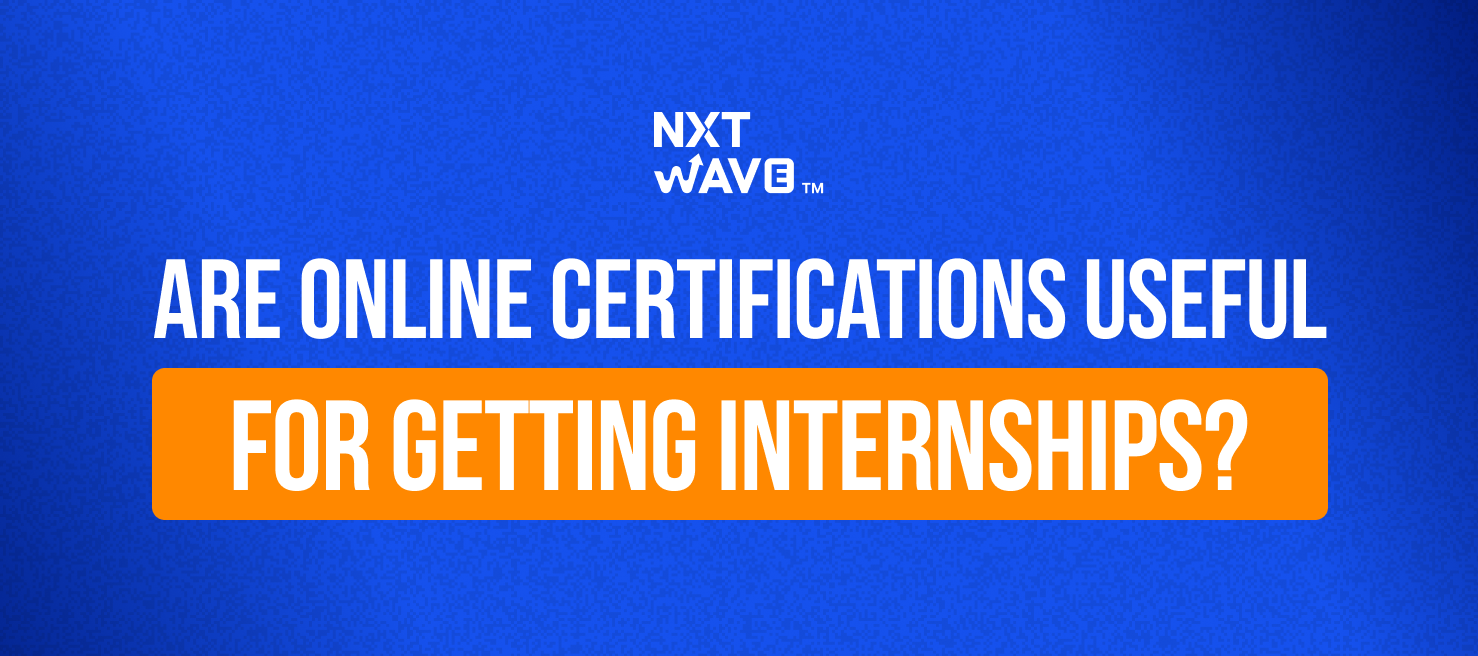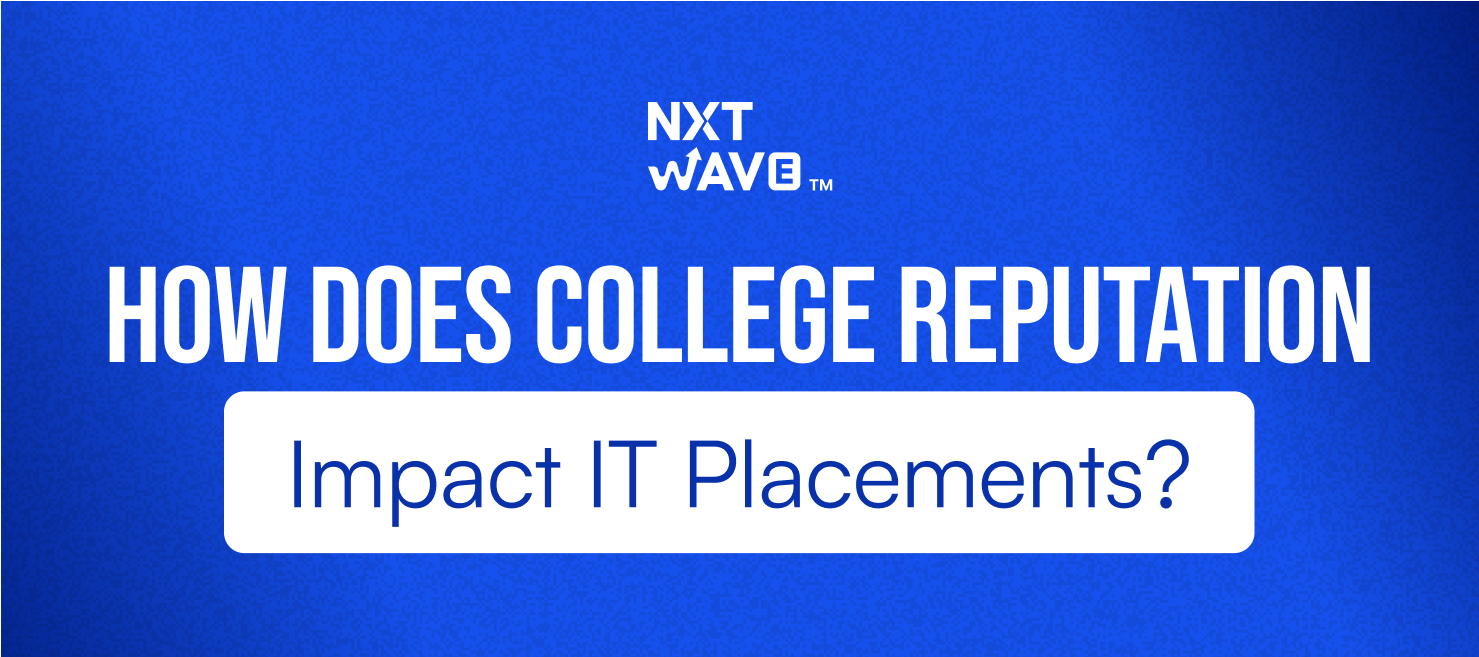About Capgemini
Capgemini is a multinational consulting, technology services, and digital transformation company. It was founded in 1967 and is headquartered in Paris, France. Capgemini operates in 40+ countries with over 200,000 team members providing a diverse range of services including consulting, technology, outsourcing, and professional services.
The company offers a wide range of solutions in various sectors like Finance, Energy, Consumer Products and Retail, Distribution and Transportation, Telecom, Media and Entertainment. Capgemini specializes in areas like cloud computing, cybersecurity, digital transformation, and data analytics.
Capgemini has a strong reputation for its expertise in delivering technology solutions and consulting services to businesses worldwide. The company employs a large workforce of professionals who are skilled in various domains and technologies.
Capgemini Interview Process
The Capgemini recruitment process consists of three rounds of selection including Online Assessment, Technical Interview, and HR Interview. These are the common stages of the interviews. However, the exact process may vary depending on the position applied and the job location.
1. The Application Process
Start by exploring Capgemini’s job listings on their website. Look for a role that suits your skills and career aspirations.
Once you’ve identified a position, submit your application. This process is quick and usually takes 3 to 5 minutes. You will need to provide your:
- Name
- Contact details
- Updated CV
- Optional: Cover letter (if you wish)
After submitting, the Capgemini recruitment team will review your application and contact you if you are shortlisted.
2. Before Your Interview
While waiting for your interview to be scheduled, use this time to prepare and learn more about Capgemini:
- Understand Capgemini’s services, values, and culture by browsing their website and learning about the work they do.
- Engage with Capgemini on social media platforms to stay informed about their activities.
- Check out Capgemini’s interview tips to help you feel ready. Familiarize yourself with common interview questions and practice answering them.
- If you know anyone at Capgemini, reach out to them to learn more about the company’s culture and expectations.
3. The Interview Process
Capgemini’s interview process involves multiple stages and may vary depending on the role, but typically includes:
- You may have one or more interviews, which could be conducted by phone, video call, or in person.
- Types of Interviews:some text
- Behavioral: These focus on how you’ve handled situations in the past.
- Technical: Conduct an Assessment test (for technical) and assess your relevant skills and expertise.
- Cultural Fit: Evaluate how well you align with Capgemini’s values and culture.
- Be prepared to share examples of your work, demonstrate your problem-solving skills, and show how you collaborate with others. The interview is not just about your knowledge, but also about how you approach challenges.
- This is your opportunity to learn more about the role, team, and Capgemini. Don’t hesitate to ask questions to clarify any details.
- Once the interview process is complete, Capgemini’s recruitment team will get in touch with you regarding their decision.
4. On-boarding Process
Before your first day, you’ll receive a pre-boarding plan to help you get ready.
Capgemini has a comprehensive onboarding initiative called GetONBOARD, designed to help you settle in and set you up for success. This includes:
- A dedicated onboarding journey from day one.
- An invitation to RISE, a monthly virtual networking event where new employees meet leaders and learn more about Capgemini’s culture and values.
Start your journey toward an IT career with expert-led training & placement support
Explore ProgramCapgemini Technical Interview Questions for Freshers and Experienced
Here are the Capgemini technical interview questions and answers for freshers and experienced:
1. Why is Python needed?
Python is a general-purpose and high-level programming language and you could use Python for developing desktop GUI applications, websites, and web applications.
It lets you focus on the core functionality of the application by taking care of common programming tasks.
The Python code is easily readable and maintainable. It supports multiple programming paradigms. It happens to be compatible with major platforms and systems. Most importantly Python does have a very robust standard library.
2. What is Python used for?
Python could be used in
- Game development
- Web development
- Artificial Intelligence and Machine Learning
- Desktop GUI
- Image processing
- Graphic design applications
3. What are the key features of Python?
Some of the key features of Python are -
Easy to Read and Understand: Python emphasizes code readability and uses a clean and consistent syntax.
Simple and Expressive Syntax: Python's syntax is designed to be simple and expressive, allowing developers to write code in fewer lines.
Dynamically Typed: Python is a dynamically typed language, which means variable types are determined at runtime.
Strong Standard Library: Python comes with a vast standard library that provides a wide range of functionalities, including file handling, networking, regular expressions, and more.
Cross-Platform Compatibility: Python is a cross-platform language, meaning it can run on different operating systems such as Windows, macOS, and Linux without the need for extensive modifications.
Object-Oriented Programming (OOP) Support: Python supports object-oriented programming principles, allowing developers to create reusable and modular code.
Integration and Extensibility: Python can easily integrate with other programming languages such as C, C++, and Java, enabling developers to leverage existing code and libraries written in different languages.
4. How is memory managed in Python?
The memory is managed by Python's private heap space. All Python objects and data structures are located in a private heap, but the programmer does not have access to this private heap. Instead, this is taken care of by the Python interpreter.
Python's memory manager is responsible for the allocation of heap space for Python objects. The core API then gives access to a few tools for the programmer to code.
It also consists of an integrated garbage collector that recycles unused memory and makes it available to heap space.
5. What are modules in Python?
Python modules could be referred to as files containing Python code and this code could either be function classes or variables. Simply put, a Python module is a .py file containing executable code.
Given below are some of the commonly used built-in modules:
- os
- sys
- math
- random
- datetime
- JSON
6. Explain the namespace in Python.
In Python, a namespace is a container that holds a set of names (identifiers) and their corresponding objects. It provides a way to organize and manage names in a program, avoiding naming conflicts and providing a logical structure for accessing variables, functions, and classes.
A Python statement can access variables in a local as well as a global namespace. If a local and a global variable have the same name, then the local variable shadows the global variable.
7. What is a dictionary in Python?
A dictionary in Python is the built-in data type. It defines a one-to-one relationship between keys and values.
They usually do contain a pair of keys and their corresponding values and are indexed by keys.
Example:
Input:
capital_city = {
"Nepal": "Kathmandu",
"Italy": "Rome",
"England": "London"
}
print(capital_city)
Output:
{
'Nepal': 'Kathmandu',
'Italy': 'Rome',
'England': 'London'
}
8. Differentiate between xrange and range in Python.
Both are identical in terms of functionality. The only difference between the two is that xrange produces an xrange object whereas range provides a Python list object.
Unlike range, xrange does not create a static list during execution. It generates the values according to the need through yielding techniques. Yielding helps in employing Generators (a type of object). You should use xrange when you have a large range and you want to construct a list for billions of people.
This is important for systems that demand a lot of memory since range will utilise as much RAM as it can for building your array of numbers. This will cause a memory problem and crash your app.
9. What is the use of DBMS?
Database Management System (DBMS) is an application system wherein the main purpose is to revolve around data. This allows the user to store the data, define it, retrieve it and update the information about the data inside the database.
10. What do you mean by Database?
Database refers to a collection of data in some organized way to facilitate its users to easily access, manage and upload the data.
11. Why is it recommended to use a DBMS? List four major advantages of using a DBMS.
Reduces Data Redundancy: DBMS supports a mechanism to reduce the data redundancy inside the database by integrating all the data into a single database and as data is stored in only one place, the duplicity of data does not happen.
Data Sharing: Sharing data among multiple users can be done simultaneously in DBMS as the same database will also be shared among all the users and by different application programs.
Data Integrity: This means that the data is always accurate and consistent in the database. It is very important as there are multiple databases in a DBMS and all of these databases contain data that happens to be visible to multiple users. So it is vital to ensure that the data is correct and consistent in all the databases and for all the users.
Data Security: In data security, only authorised users are allowed to access the database and their identity should be authenticated using a valid username and password. Unauthorised users are not allowed to access the database under any circumstances as doing so violates the integrity constraints.
12. Why is normalization needed in DBMS?
Normalization is the process of analyzing relational schemas which are based on their respective functional dependencies and the primary keys so that they fulfill certain properties, such as
- To minimize data redundancy.
- To minimize the anomalies of Insert, Delete and Update.
13. Explain the concepts of a Primary key and a Foreign key.
The primary key uniquely identifies the records in a database table while the foreign key, on the other hand, is used to link two or more tables together.
Example:
Consider 2 tables - Employee and Department. Both have one common field/column as 'Dept ID' where Dept ID is the primary key of the Employee table while this happens to be the foreign key for the Department table.
14. What is the difference between UNION and UNION ALL?
They are both used to join the data from two or more tables but UNION removes duplicate rows and picks the rows which are distinct after combining the data from the tables whereas UNION ALL, unlike UNION, does not remove the duplicate rows, it just picks all the data from the tables.
15. Explain the concept of ACID properties in DBMS.
ACID properties are a combination of Atomicity, Consistency, Isolation, and Durability properties. These properties prove to be very helpful in allowing a safe and secure way of sharing data amongst multiple users.
Atomicity: When changes are being done to the data it feels as though a single operation is performed. In other words, either all the changes are performed, or none of them is performed.
Consistency: Data must be in a consistent state at the beginning of the transaction as well as at the end of the transaction.
Isolation: As the name suggests, this ensures that each transaction that occurs is in isolation from others. Simply put, a transaction that has started but not yet completed should be in isolation from others, this is done so that the other transaction does not get impacted by this transaction.
Durability: In the event of system failure, after the transaction is completed, changes to the data persist and are not undone. Hence, due to this property, data is always in a durable state.
16. What are Constraints in SQL?
Constraints are used to specify the rules concerning data in the table. It can be applied for single or multiple fields in an SQL table during the creation of the table or after creating using the ALTER TABLE command. The constraints are:
- NOT NULL - Restricts NULL value from being inserted into a column.
- CHECK - Verifies that all values in a field satisfy a condition.
- DEFAULT - Automatically assigns a default value if no value has been specified for the field.
- UNIQUE - Ensures unique values to be inserted into the field.
- INDEX - Indexes a field providing faster retrieval of records.
- PRIMARY KEY - Uniquely identifies each record in a table.
- FOREIGN KEY - Ensures referential integrity for a record in another table.
17. What is Data Integrity?
Data Integrity is the assurance of accuracy and consistency of data over its entire life-cycle and is a critical aspect of the design, implementation, and usage of any system which stores, processes, or retrieves data. It also defines integrity constraints to enforce business rules on the data when it is entered into an application or a database.
Capgemini HR Interview Questions and Answers for Freshers and Experienced
The final round in the Capgemini hiring process is the HR interview, where the candidate's personality traits, communication skills, and cultural fit within the company's work environment are evaluated. Some of the common HR interview questions and answers for freshers and experienced:
1. Tell me about yourself.
Sample Answer For Freshers
I am a recent graduate in [Your Field] from [Your University]. During my time in university, I focused on developing my skills in [mention relevant skills or tools]. I have always been passionate about [mention area of interest related to the job], and through my academic projects and internships, I gained hands-on experience in [mention specific tasks or projects]. In one of my projects, I [briefly describe a relevant project or achievement].
I’m a fast learner, and I thrive in collaborative environments where I can contribute to the team’s success while continuing to develop my skills. I’m particularly excited about the opportunity to work with your company because of its [mention something specific about the company its values, projects, or industry leadership] and I believe my background and enthusiasm will allow me to contribute positively to your team.
For Experienced Professionals
I have [X years] of experience in [Your Field/Industry], having worked with [mention key companies or industries]. Over the years, I’ve developed a strong expertise in [mention key skills or areas of specialization]. For example, in my previous role at [Company Name], I was responsible for [mention your responsibilities or key projects], where I [mention specific achievements, such as increasing efficiency, leading teams, or delivering on a major project].
I pride myself on my ability to [mention strengths like problem-solving, leadership, teamwork, or adaptability], and I’m always looking for ways to improve processes and outcomes. I’m particularly excited about this opportunity with [Company Name] because of its reputation for [mention something you admire about the company—its innovation, culture, or growth]. I feel that my experience in [mention a specific skill or field] will allow me to add value to your team and contribute to the company’s goals.
2. Why are you interested in working for Capgemini?
Sample Answer: Capgemini is a globally recognized leader in consulting, technology services, and digital transformation. I’m particularly drawn to Capgemini’s commitment to innovation and its collaborative work culture. Your focus on sustainability and delivering cutting-edge technology solutions resonates with my personal values and professional aspirations. I am excited by the opportunity to work with talented professionals, learn from them, and contribute to projects that make a meaningful impact. I also appreciate Capgemini’s focus on diversity and inclusion, which I believe is crucial for fostering a productive and supportive work environment.
3. What do you know about Capgemini as a company?
Sample Answer: Capgemini is a multinational consulting and IT services company, founded in 1967 and headquartered in Paris, France. It operates in more than 50 countries and serves clients across various industries including financial services, automotive, healthcare, and retail. Capgemini provides services ranging from IT consulting, digital transformation, cloud services, cybersecurity, and AI to business consulting. The company is known for its expertise in leveraging technology to drive innovation and business growth. Capgemini also places a strong emphasis on sustainability, diversity, and inclusion, aligning technology with social and environmental responsibility.
4. How would you describe your strengths and weaknesses?
Sample Answer: My strengths include strong problem-solving skills, attention to detail, and the ability to work effectively in teams. I’m someone who thrives in collaborative environments and always looks for innovative solutions to complex challenges. I’m also highly organized and manage my time well, which helps me juggle multiple tasks efficiently.
As for weaknesses, I sometimes tend to be overly detail-oriented, which can slow me down. However, I’ve been working on improving this by setting more realistic deadlines for myself and prioritizing tasks to ensure I focus on the bigger picture while still maintaining quality. I’ve found that striking a balance between precision and efficiency has been crucial to my development.
5. Can you provide an example of a challenging situation you faced at work or in a team and how you handled it?
Sample Answer: One challenging situation I encountered was when our team was working on a tight deadline for a client deliverable, and two key team members unexpectedly had to take leave. This meant that we were understaffed, and there was a significant risk of missing the deadline.
To address this, I took the initiative to reassess the project timeline and worked with the remaining team members to redistribute tasks. I also reached out to the client to manage expectations and set realistic milestones. I facilitated daily check-ins to ensure clear communication and aligned the team on priorities. In the end, we successfully delivered the project on time, and the client was pleased with the outcome. This experience reinforced my belief in the importance of adaptability, clear communication, and teamwork in overcoming challenges.
6. How do you handle working under pressure and tight deadlines?
Sample Answer: I thrive under pressure because I view deadlines as a motivator rather than a stressor. My approach is to break down complex tasks into smaller, manageable parts and prioritize them based on urgency and impact. I also believe in clear communication—keeping both stakeholders and team members informed about progress, challenges, and any necessary adjustments. In high-pressure situations, I maintain focus and stay calm, ensuring that I make well-thought-out decisions even when time is limited. I also try to ensure there is some flexibility in my work routine to accommodate last-minute changes or challenges that may arise.
7. What motivates you in your work?
Sample Answer: I am motivated by the opportunity to solve complex problems and deliver value through technology. There is a real sense of satisfaction when I can help clients improve their operations or when I see my contributions having a tangible impact. Additionally, I enjoy collaborating with colleagues who bring different perspectives to the table, as it helps me learn and grow. I'm also motivated by challenges—being able to take on difficult tasks and complete them drives me to push my limits and continually develop my skills.
8. Describe your approach to problem-solving and decision-making.
Sample Answer: My approach to problem-solving is methodical and data-driven. I start by fully understanding the problem, gathering all relevant information, and analyzing the available options. I also consider the potential impact of each solution on different stakeholders. I prioritize solutions that align with the long-term goals of the project or organization. I also value input from others; involving team members and stakeholders can provide insights that I might not have considered. Once a decision is made, I ensure it is executed efficiently while continuously monitoring progress to make adjustments if necessary. I find that this systematic approach ensures decisions are well-informed and impactful.
9. What are your long-term career goals and how do you see yourself growing at Capgemini?
Sample Answer: My long-term career goal is to continue to grow as a leader in the [specific field, e.g., IT consulting, digital transformation, etc.], where I can make a significant impact by combining my technical expertise with my ability to manage and mentor teams. At Capgemini, I see great potential to develop further in a global environment that fosters innovation, continuous learning, and collaboration. Over the next few years, I would like to take on more leadership responsibilities, whether through managing projects, mentoring junior colleagues, or leading cross-functional teams. I’m excited about the opportunities Capgemini offers for professional development and am committed to growing alongside the company’s evolving needs and vision.
Conclusion
In conclusion, preparing for a Capgemini interview requires a solid understanding of the company's values, culture, and the specific role you are applying for. By anticipating and practicing common interview questions, you can confidently showcase your skills, experiences, and alignment with the company’s expectations.
Remember to listen attentively, maintain a positive and professional demeanor, and ask thoughtful questions when given the opportunity. By preparing thoroughly and demonstrating your enthusiasm for Capgemini, you can significantly increase your chances of success in the interview and move closer to securing an exciting opportunity with the company.
Frequently Asked Questions
1. Is the Capgemini interview tough?
Capgemini is known for conducting thorough interviews to ensure they select the most suitable candidates for their positions. To succeed in a Capgemini interview, it is crucial to prepare thoroughly by researching the company, understanding the role you are applying for, and reviewing relevant technical concepts and industry trends. Additionally, practising mock interviews and being able to showcase your experiences, skills, and alignment with Capgemini's values can enhance your chances of success.
2. What types of behavioural questions should I expect in a Capgemini interview?
Capgemini often asks behavioural questions to assess your past experiences and behaviours. These questions may focus on teamwork, leadership, adaptability, problem-solving, and client orientation. Prepare specific examples from your work experience that demonstrate these skills.
3. Are there any case interviews or assessments during the Capgemini interview process?
Depending on the role you are applying for, Capgemini may include case interviews or assessments to evaluate your problem-solving abilities and analytical thinking. These assessments may involve solving real-life scenarios or demonstrating your technical skills.





















